What is the AVP Program?
It is an experiential program, helping people change their lives.
It is a community program, offering a new approach for community groups, businesses, social service agencies, youth organizations and all who would like to participate.
It is a prison program, helping inmates learn new skills and attitudes that lead to fulfilling and crime-free lives.
It is a program for everybody. Though founded by Quakers based on their belief in an inborn power for peace in everyone, it draws its participants and its trainers from all religious, races and walks of life.
Our workshops target:
• Prisons
• Incarcerated Citizens
• The Abused and Bullied
• Gangs
• The Homeless
• Families
We train where violence is found:
• Prisons
• Communities
• Schools
• The Workplace
• Our Homes
• Our Lives
The Basic AVP Workshop
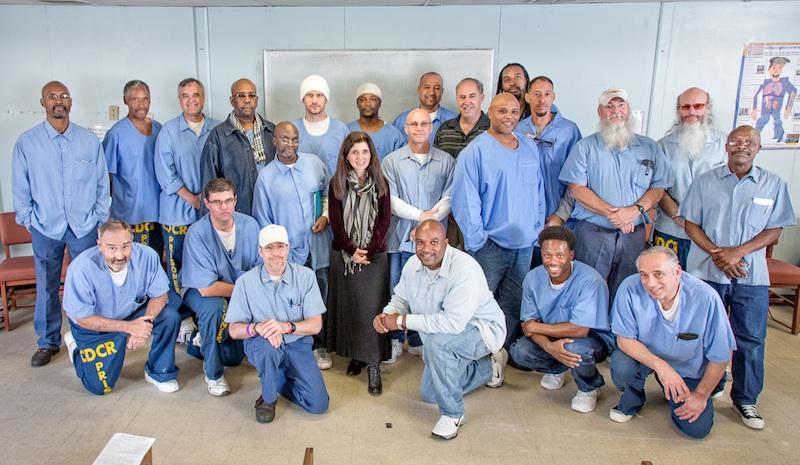
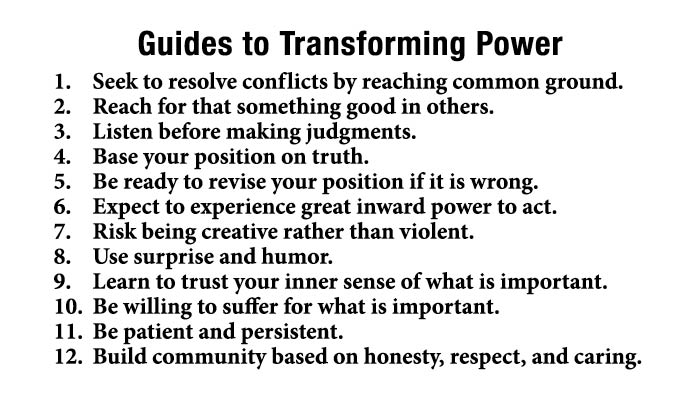
The Basic AVP Workshop is an intensive two day course and learning experience which teaches interpersonal conflict resolution skills through a series of step-by-step processes. These experiences in small groups and one-to-one interactions build a sense of community and trust through exercises focusing on:
- Affirmation — Building self esteem and trust.
- Communication — Improving both listening skills and assertive methods of expression.
- Cooperation — Developing cooperative attitudes that avoid competitive conflicts.
- Creative Conflict Resolution — Getting in touch with the inner Transforming Power to resolve violence. Role plays provide an opportunity to explore this power and learn new and creative ways to respond to real life conflicts in our lives.
AVP workshops seek to assist people in personal growth and change, but AVP is not psychotherapy. We join together, participants and facilitators both, to explore our own corners of violence and seek more satisfying ways to respond. Each workshop is generally 12 – 20 participants to facilitate discussion.
The Advanced AVP Workshop
The Advanced AVP workshop focuses on the underlying causes of violence, both in ourselves and in the world we live in. It is designed to give participants opportunities to rebuild community, review in depth the concept of Transforming Power and proceed to set individual and group goals for the focus of the remainder of the workshop. (Prerequisite: Completion of Basic Workshop)
Such a focus topic might be:
- Fear — Reveals the hidden fears that usually underlie anger, jealousy and prejudice.
- Anger — Results in a deeper understanding of the personal situations that trigger anger.
- Power — (And powerlessness) Helps individuals understand power structures and get in touch with their inner power.
- Communication — Develops the skills and the ability to communicate in tense and stressful situations.
- Forgiveness — Builds the groundwork for true reconciliation and freedom from guilt.
- Bias Awareness — Builds awareness of stereotyping, bias and prejudice in personal relations.
- Racial Justice — Exploring the challenges people of color face.
- Man-woman relationships — Explores issues of fear, anger, power and powerlessness.
- Manly Awareness — What is it to be a man?
- Re-entry — Addressing the difficult transition from prison to community.
- And others — Whatever the group finds most compelling.
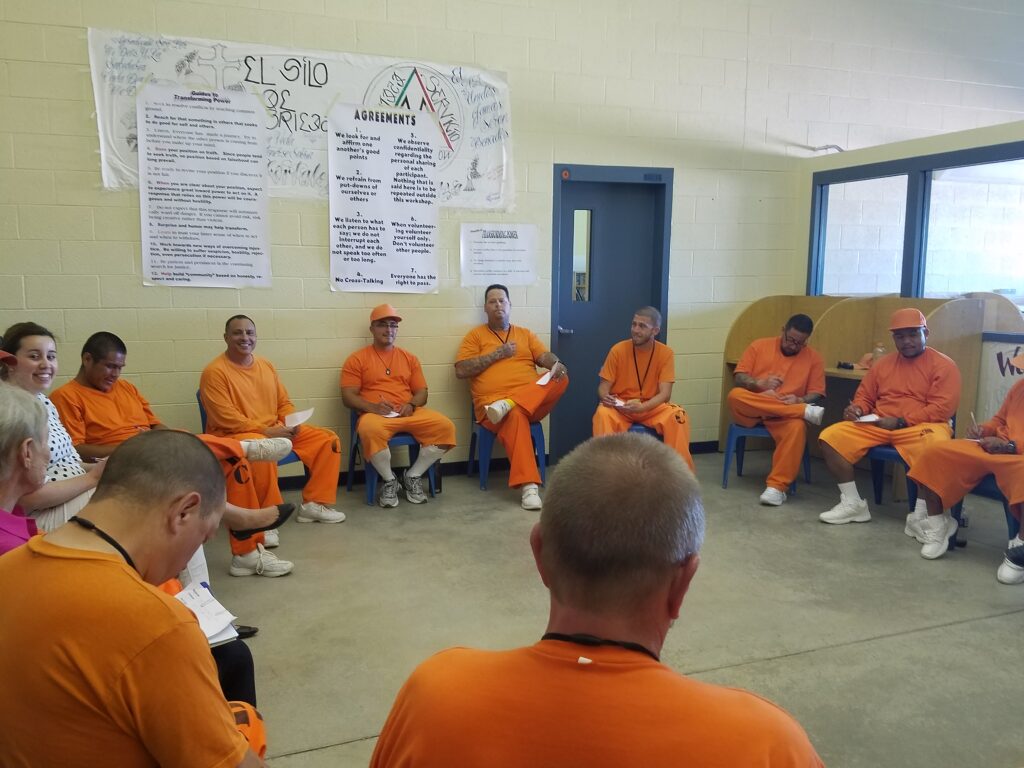
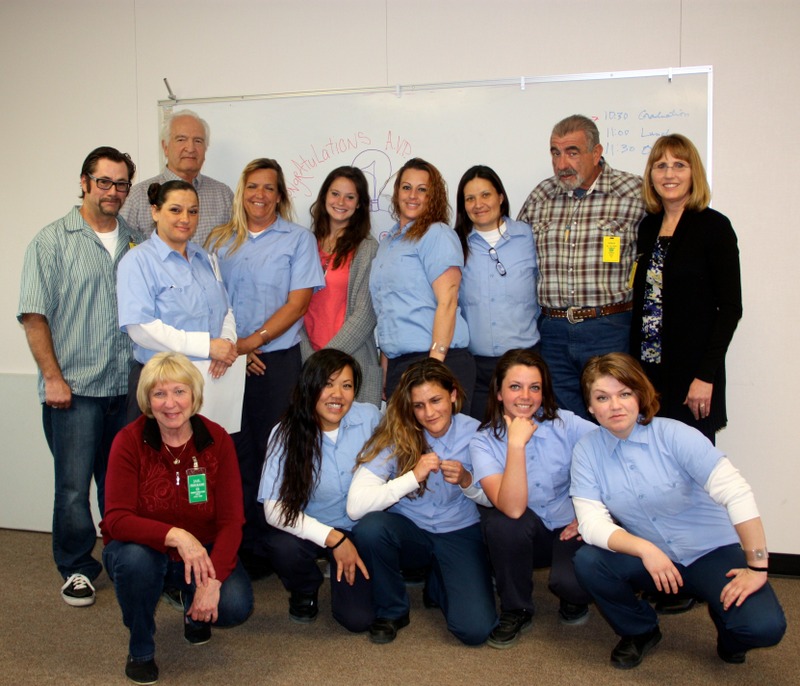
The AVP Training for Facilitators Workshop
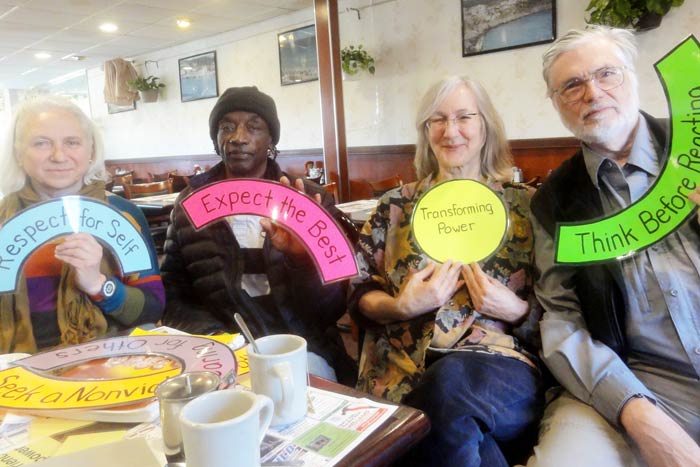

TO BECOME AN AVP FACILITATOR…
Begin by completing the Basic and Advanced AVP Workshops. If you find that this is an experience you would like to share and you would like to become an AVP facilitator, take the Training for Facilitators Workshop. This workshop is reserved for those who expect to be active volunteer facilitators in community &/or prison workshops.
This workshop focuses on developing team building, leadership methods, and group process skills. You will work in a small group, actually functioning as a facilitator. You will receive guidance and practice in facilitating all parts of a Basic Workshop:
- Team Building & Team Contract
- Agendas
- Exercises, brainstorms, and discussions
- Transforming Power Talk (key AVP philosophy
- Light & Livelies (Change-of-pace & mood games/activities)
- Role Plays
As the last step in the training, you will apprentice with workshop leadership teams in other Mini, Basic or Advanced AVP Workshops.
Correctional officers are invited to become trainers and lead community workshops. However, it is AVP policy not to use correctional officers as leaders of prison workshops.
Prerequisite: Completion of Basic and Advanced Workshops.
Prison Workshops
The AVP workshops rely on a team comprising a mix of community and inmate facilitators. Inmate facilitators are indispensable for the credibility and personal experiences they bring to the inmate participants of a workshop. And the facilitators themselves, both inside and outside, experience great growth and learning.
2002-2005 Study Delaware Maximum Security Prison
Back to Prison rates in AVP participants compared to other inmates was reduced by 39% the first year after release, and maintained a reduction of 34% after three years.
Miller ML & Shuford JA, The Alternatives to Violence Project in Delaware: A Three-Year Cumulative Recidivism Study, Sept. 2005
Key Benefits
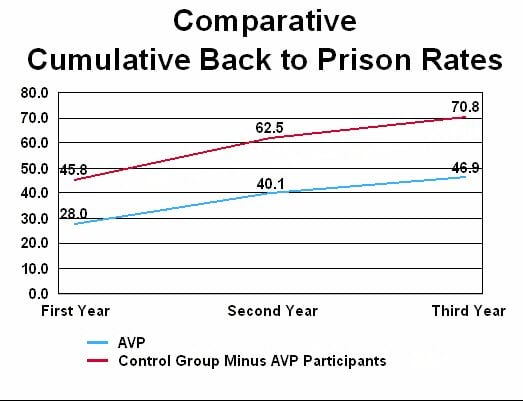
AVP Outside the Prison
AVP has expanded to serve a wider prison-related audience
- “Reentry” programs to support released inmates
- Training for prison guards and staff (who are in high-stress environments)
Personal Testimonial:
My name is Talib Shabazz. I was introduced to the Alternatives to Violence Project (AVP) while I was an inmate at the Faribault Correctional Facility. I would like to take this opportunity to share with the readers a little about myself, and the importance of nonviolence.
I grew up in Chicago, in a dysfunctional atmosphere. I was introduced to violence very early in my life. It seemed to me like the “normal” way of life. I learned a great deal about violence and used it to control others and situations around me. I was taught that to be tough , macho and in control was manly. This mentality always got me in a lot of trouble. I got involved in gang banging, committing crimes, and attracting enemies to myself every step of the way. My actions led me straight to prison …twice. My second time around, Allah (God) allowed me to wake up to reality. I had to change my way of thinking and my way of life, because “Allah (God) never changes the condition of a people until they change the condition of themselves”. I needed to change me first in order to live a productive life in society. I began to participate in various programs within prison; AVP was one program that I got very involved in.
I was among the first group of participants of AVP at the Faribault Correctional Facility., where I learned, first hand, the power of “transforming power”. I had the experience of watching inmates transform from individuals who would never trust each other, no way, no how, to brothers who let their walls down and open up. We shared our thoughts, feelings, war stories and even tears. We trusted each other enough that we even played cooperative games, something that no inmate would have thought they would do in prison, or probably anywhere in their life. Through these experiences,I learned that my need to be in control was not as important as respecting other’s feelings and individuality.
Being isolated in prison, I was very impressed that AVP trainers would volunteer an entire weekend to be with a group of inmates. I enjoyed the program and David Miller, as well as other facilitators, so much, that I trained to become an AVP facilitator. I facilitated many groups before my transfer out of prison.
AVP has reinfrorced my recently learned values, such as respect, discipline, and concern for others. I am finding these values are very useful out in the free world. I am now free and involved with AVP. I am looking forward to participating in workshops in the community, helping others to learn new ways of dealing with problems and resolving conflicts with nonviolence. Nonviolence is important to me because God created us to treat each other to be a family, with respect, peace, justice, equality and love.
May Peace be with you all.
In the Community
We all face interpersonal conflict. We all are affected by violence, be it physical or non-physical. AVP community workshops bring together diverse groups of people, including: Americorps volunteers, students, National Guardsmen, youth home residents, homeless shelter staff members, business-owners and teachers, to name just a few. Together, we are building an international movement for creative conflict resolution. In 1994, the UN sent our facilitators to work with youth in the refugee camps. The national police force in Nicaragua received our training as part of their efforts to defuse violence. An entire small town in Colorado has chosen to go through our program.
Where do participants come from?
- Teachers: Many workshops will provide CEU’s
- Psychologists
- Boys and Girls Club staff: their clients often struggle with issues of violence, and organizations always have their own conflicts.
- Homeless: Their input and sharing really empowers workshops
- Ex-gang members: where the action is
- Social Workers
- Retired: AVP groups have bloomed due to their commitment.
- The Courts: An AVP workshop must not be the sole alternative to incarceration, i.e.: there must be an element of volunteerism.
- Churches: there’s a large (nondenominational) element of spirituality to be found in workshops
Is AVP for you?
An AVP workshop can help you to:
- manage strong feelings such as anger and fear
- deal more effectively with risk and danger
- build good relationships with other people
- communicate well in difficult situations
- ecognise the skills you already have and learn new ones
- be true to yourself while respecting other people
- understand why conflict happens
- uncover your innate “transforming power” to transform a situation from aggression to cooperation
Get Involved
Want to get involved? Learn how.
